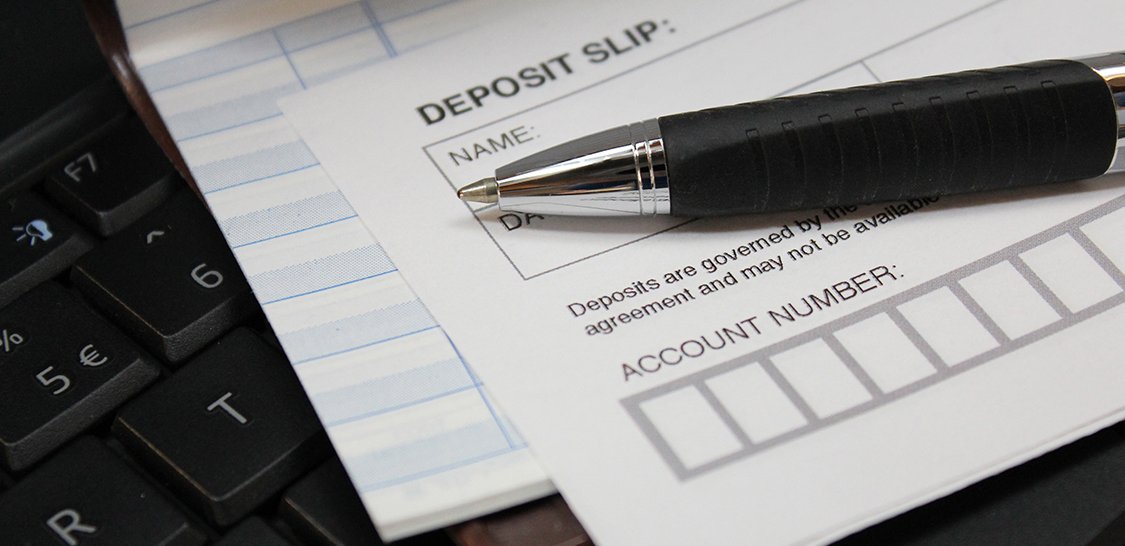Businesses and organizations that hold financial assets (like uncashed checks or forgotten bank accounts) or certain tangible items (including items left behind in safe deposit boxes) belonging to Pennsylvania residents are likely familiar with their reporting responsibilities under the Commonwealth’s unclaimed property law. In recent years, however, changes were made to this law designed to step up enforcement and increase the amount of property turned over to the Pennsylvania Treasury.
Below, we outline key updates to Pennsylvania’s unclaimed property law that affect both the responsibility of the holder to report property to Treasury and Treasury’s authority to enforce the law and track down reportable property.
Dormancy period reduced
Most significantly for businesses holding unclaimed property, the dormancy period for the majority of property types was reduced from five years to three, effective as of February 10, 2015. The reduction in dormancy period resulted in a one-time cash infusion of more unclaimed property turned over to Treasury, part of the effort to close the revenue gap in the 2014-15 fiscal year budget.
This means businesses and organizations have two less years to hold financial assets that have been lost, forgotten or held without activity by the owner before it is considered dormant and must be remitted to the Pennsylvania Treasury.
In addition to the reduced dormancy period, the updated unclaimed property law also now includes a newly-defined term, “indicated an interest in property,” when describing conduct that would reset the dormancy clock, so to speak. While the concept of activity by the property owner was included in the previous version of the law, it now explicitly defines what types of contact stave off dormancy, such as:
- A written contact, communication or transaction;
- A secure or password-protected electronic contact, communication or transaction;
- A verbal contact, communication or transaction, in which the older takes reasonable action to verify the identity of the owner; or
- A contact, communication or transaction, which is evidenced by other criteria provided by the State Treasurer.
Another notable addition to items considered unclaimed property is Roth IRAs and similar tax-advantaged accounts. According to the updated law, these types of accounts “not subject to a mandatory distribution requirement are presumed abandoned and unclaimed three years after the owner is age 70½ or three years after he/she has indicated an interest in the property.”
Expansion of audit and enforcement authority
The law expands the State Treasurer’s authority to search for and collect unclaimed property, particularly through the assessment of higher fees and penalties for unreported dormant property.
Treasury is also permitted to use third party auditors to conduct examinations of holder records, and businesses may not question the auditors selected. Furthermore, any work papers resulting from a third party audit must remain confidential according to the law.
Holders are subject to fines and penalties for not reporting unclaimed property, increased from the prior version of the law. Treasury may charge holders:
- $200 per day for the cost of an audit that reveals reportable property (not to exceed the value of that property).
- Up to $1,000/day (not to exceed $365,000) for failing, without proper cause, to report and deliver unclaimed property. This penalty starts the day after the report was due and continues until a report is submitted (may be waived for good cause).
- A reasonable estimate of the amount of reportable unclaimed property, if a holder’s records are inadequate or insufficient to prepare a report.
Noncompliance with Pennsylvania’s unclaimed property law is now even costlier for businesses, so it is critical that they understand responsibilities under the law. Businesses with questions about these changes or those who seek assistance to comply should contact their RKL advisor or one of our local offices.




